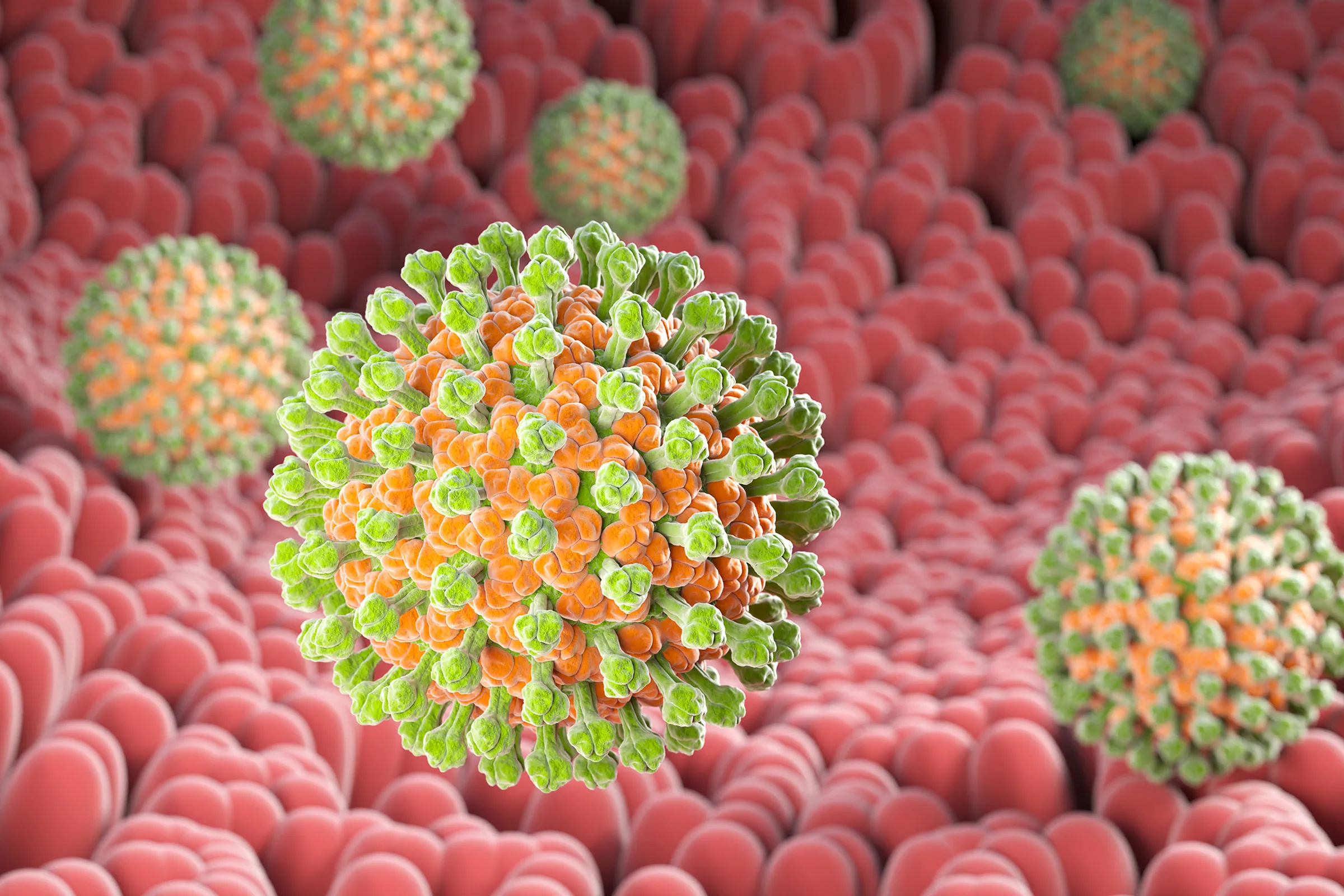WashU Medicine Scientists Target Cellular Pathway to Combat Rotavirus
Researchers at Washington University School of Medicine have identified a promising new approach for treating rotavirus infections, a common and debilitating illness, particularly in young children. Their findings center on disabling a key cellular pathway that the virus relies on to thrive.
Understanding Rotavirus and Current Treatments
Rotavirus is a highly contagious virus that causes severe diarrhea, vomiting, and fever. While vaccines have significantly reduced the severity and incidence of rotavirus, the infection remains a significant global health concern, especially in areas with limited access to vaccination.
Current treatments primarily focus on managing symptoms through rehydration and supportive care. There is a need for more targeted therapies that directly combat the virus.
The Breakthrough: Targeting the PI3K-Akt-mTOR Pathway
The WashU Medicine team discovered that rotavirus hijacks a critical cellular signaling pathway known as PI3K-Akt-mTOR. This pathway is essential for cell growth, survival, and metabolism. By inhibiting this pathway, researchers were able to significantly reduce rotavirus replication in laboratory studies.
How it Works:
- Rotavirus infects cells in the lining of the small intestine.
- The virus then activates the PI3K-Akt-mTOR pathway.
- This activation provides the virus with the resources it needs to replicate and spread.
- By blocking the pathway, the virus’s ability to replicate is severely hampered.
Potential for New Therapies
This discovery opens the door to the development of new antiviral drugs that specifically target the PI3K-Akt-mTOR pathway. Such therapies could potentially offer a more effective way to treat rotavirus infections and reduce the burden of this disease.
Looking Ahead:
- Further research is needed to develop safe and effective drugs that target this pathway.
- The team is also investigating whether this approach could be used to treat other viral infections that rely on the PI3K-Akt-mTOR pathway.
Final Overview
The identification of the PI3K-Akt-mTOR pathway as a key vulnerability in rotavirus infection represents a significant step forward in the fight against this common illness. By targeting this pathway, researchers may be able to develop new therapies that offer a more effective and targeted approach to treatment, ultimately improving outcomes for those affected by rotavirus.




+ There are no comments
Add yours